The history of space exploration has been a fascinating, albeit brief, journey for humans. Since the launch of Sputnik in 1957, we have embarked on a quest to explore the cosmos and unravel its mysteries. The Apollo missions in the 1960s and 70s marked significant milestones in our understanding of the universe and our place within it.
Space exploration has not only expanded our knowledge of the universe but also challenged our spiritual beliefs and worldviews. The impact that space exploration has had on humanity can’t be overstated.
From satellite technology that provides us with accurate weather forecasts to GPS devices that guide us to our destinations, we’ve come a long way since Yuri Gagarin orbited around Earth’s atmosphere for just over an hour in 1961. Space exploration has also paved the way for new technologies such as medical imaging machines, memory foam mattresses, and water filtration systems.
Space Exploration: A Brief History
The first step humans took towards space exploration was when they launched probes into orbit around Earth in the late 1950s. These probes led to more extensive missions, such as sending astronauts into orbit around Earth and onto the surface of the moon during NASA’s Apollo program. The period between 1957-1975 saw most of humanity’s major achievements regarding space exploration.
After this period, there was a decline in funding for space exploration projects by various countries, including Russia and America. However, private companies such as SpaceX have continued pushing forward with rocket launches in hopes of making space travel more accessible to civilians by reducing the costs associated with sending objects into orbit or beyond.
The Spiritual Implications of Space Exploration
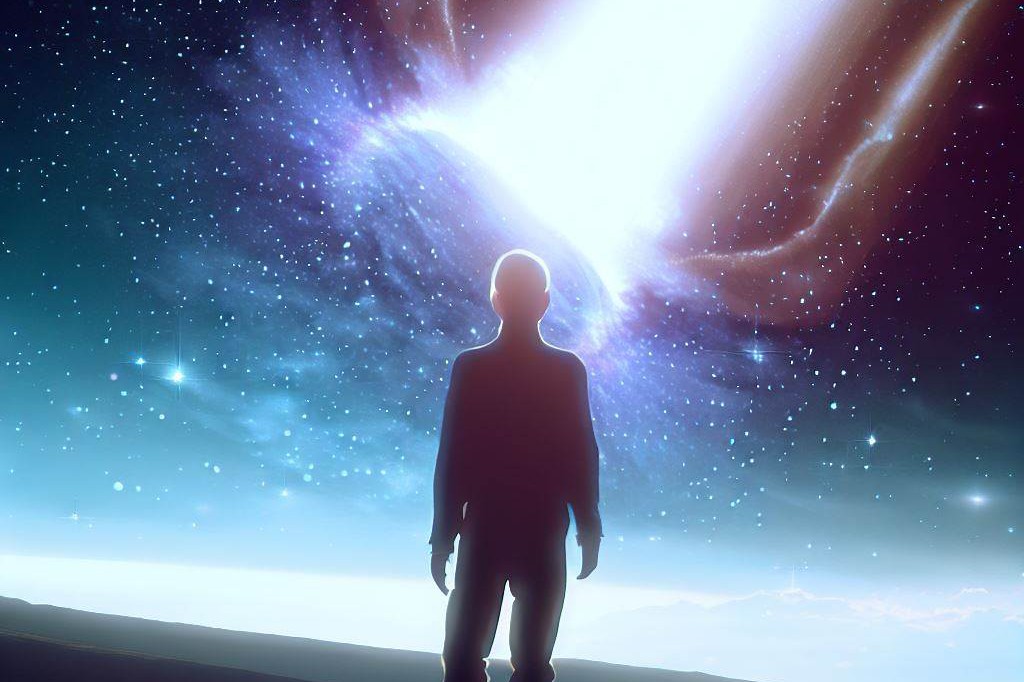
As humans continue exploring deeper into outer space, it’s inevitable that we’ll encounter things that challenge our current spiritual beliefs and worldviews. For instance, discovering extraterrestrial life would raise questions about our place in the universe and how we fit into the grand scheme of things. Additionally, witnessing firsthand the vastness and beauty of space can inspire awe and wonder, leading to spiritual experiences.
The cosmos has been viewed as a reflection of the divine by many cultures throughout history. Astronomy played a crucial role in ancient cultures such as the Mayans and Babylonians, who used it to predict celestial events and create their calendars.
Through space exploration, we have also raised significant ethical considerations, such as protecting other planets from contamination. This aligns with various religious beliefs that emphasize our responsibility to be stewards of this planet and protect it from harm.
Space exploration has brought about significant changes to humanity’s technological advancements but has also challenged our spiritual beliefs and worldviews. We must continue exploring outer space while being mindful of ethical considerations that align with various religious beliefs.
The Search for Extraterrestrial Life
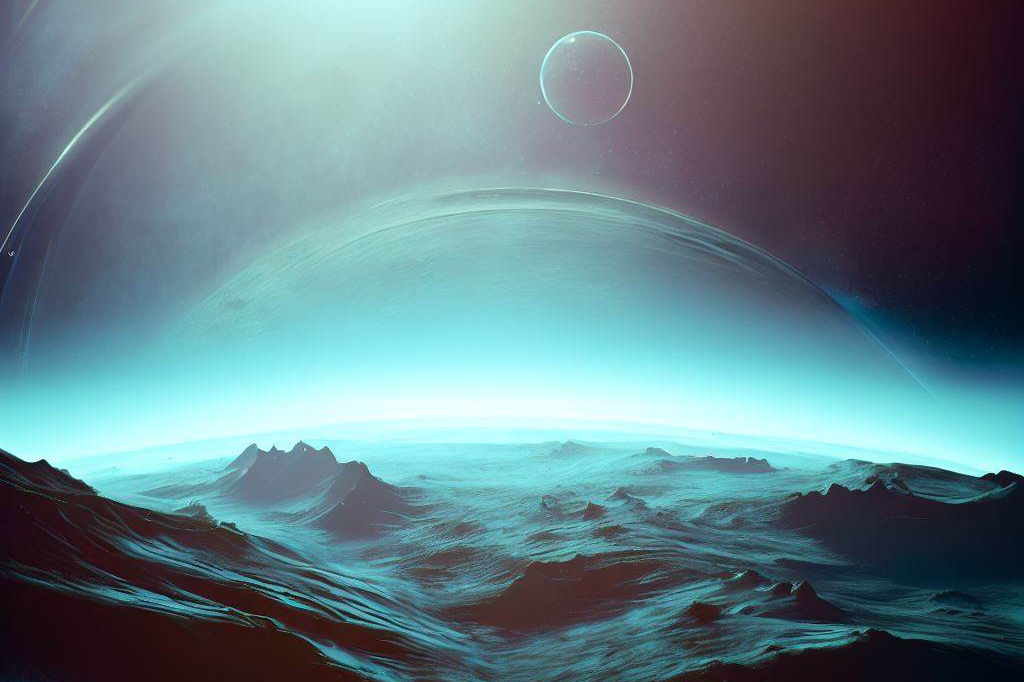
The Possibility of Life Beyond Earth and its Implications on Religious Beliefs
The search for extraterrestrial life has long been a topic of fascination and speculation. With advances in technology, we are now able to search for life beyond our planet with greater accuracy and detail than ever before.
But what would the discovery of extraterrestrial life mean for our religious beliefs?
For centuries, many religions have taught that humans are the only intelligent beings in the universe, created by God in his own image.
If we were to find evidence of other intelligent life forms, it could challenge these deeply held beliefs. For some, the discovery of extraterrestrial life would be seen as confirmation that there is no God or higher power.
They might argue that if there are other intelligent beings out there, then humanity is not so special after all. Others might view it as evidence that God’s creation is even more vast and wondrous than previously imagined.
How the Discovery of Extraterrestrial Life Could Affect Our Understanding of God or a Higher Power
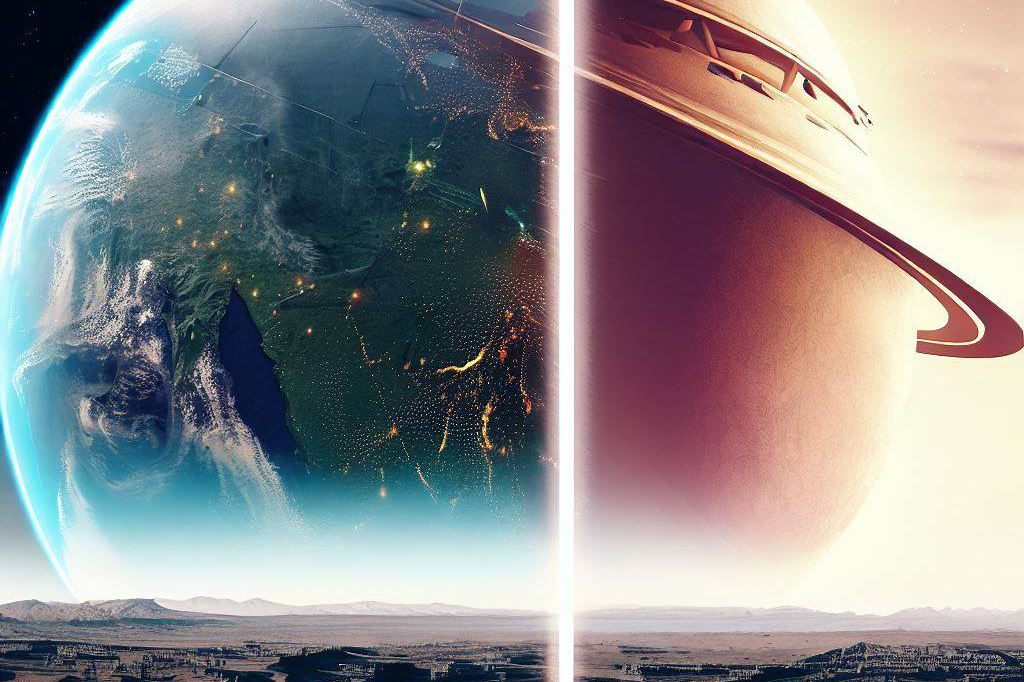
If we were to find evidence of intelligent life beyond Earth, it could raise profound questions about our understanding of God or a higher power. One possibility is that these beings have their own beliefs about spirituality and religion, which could be vastly different from our own.
This could lead to a reconsideration of what it means to be spiritual or religious. Alternatively, the discovery of extraterrestrial life could reinforce certain religious beliefs.
For example, some might argue that if God created other intelligent beings elsewhere in the universe, then he must care deeply about all forms of life – including those on Earth. In any case, the discovery (or lack thereof) of extraterrestrial life will undoubtedly continue to shape our beliefs and worldviews for years to come.
The Cosmos as a Reflection of the Divine
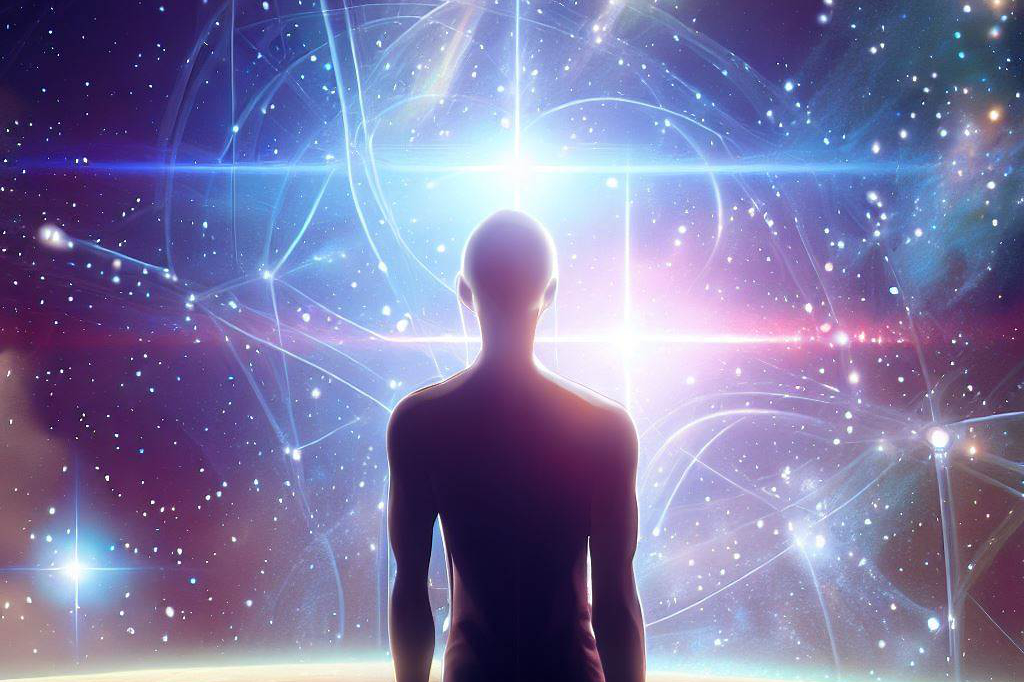
Stargazing and Spiritual Experiences
Have you ever gazed up at the stars on a clear night and felt a sense of awe and wonder? Many people describe this experience as almost spiritual.
In fact, some studies have shown that looking up at the stars can increase feelings of transcendence and connectedness to something greater than ourselves. The vastness and beauty of space can inspire a sense of humility in us.
We are reminded of just how small we are in comparison to the grandeur of the universe. This realization can lead to feelings of gratitude, as well as deeper questioning about our place in the cosmos.
Ancient Connections between Astronomy and Spirituality
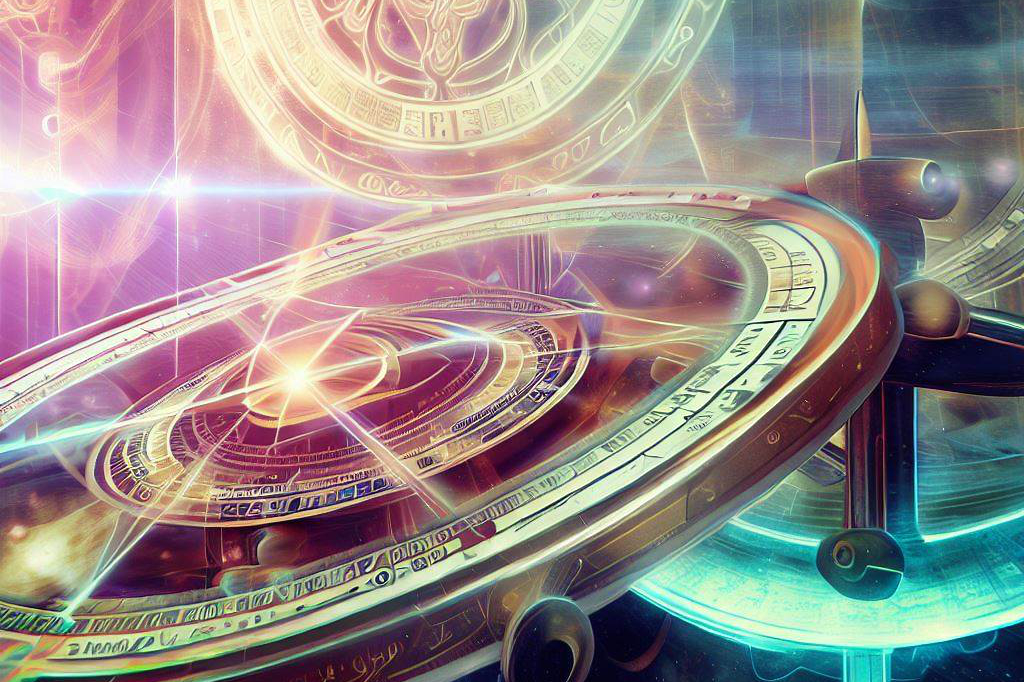
The connection between astronomy and spirituality is not new. Ancient cultures around the world believed that the movements of celestial bodies were connected to divine powers or forces.
For example, Babylonian astronomers believed that eclipses were signs from their gods, while Mayan astronomy used observations of Venus to predict wars.
In ancient Egypt, astrology was used to make decisions about everything from when to plant crops to who should be ruler. The star Sirius was particularly important in Egyptian mythology, representing both rebirth and death.
These beliefs demonstrate how humans have long looked to the cosmos for answers about our existence and connection with something greater than ourselves.
Artistic Expressions Inspired by Space
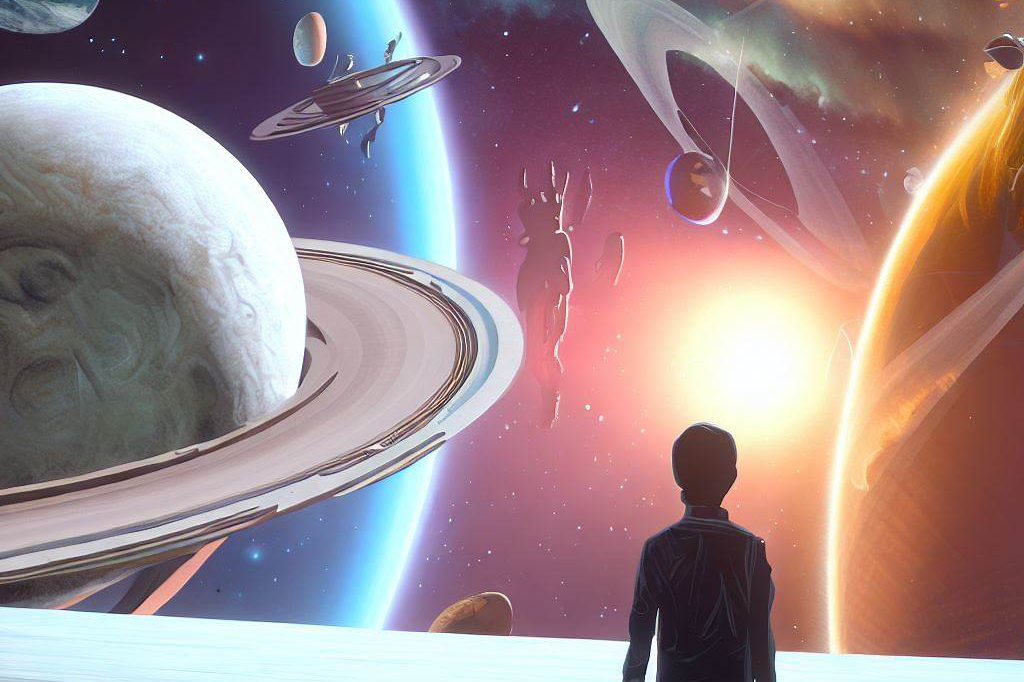
The beauty and mystery of space has also inspired artists throughout history.
From Van Gogh’s “Starry Night” to Pink Floyd’s “Dark Side Of The Moon,” space has been a muse for creativity across mediums.
In recent years, digital technologies have allowed us to explore space like never before. Images captured by telescopes like Hubble have given us breathtaking views into distant galaxies.
These images continue to inspire artists today, providing new perspectives on our place in the universe. As we continue to explore space and learn more about the cosmos, it’s clear that our connection with something greater than ourselves is only growing stronger.
Space Exploration as a Quest for Meaning

The existential questions raised by space exploration, such as the purpose of human existence
One of the most profound and enduring questions that space exploration raises is the age-old inquiry into the meaning of human existence. What is our place in the universe? Why are we here?
And what does it all mean? These are some of the fundamental questions that have puzzled philosophers, theologians, and scientists for centuries.
For many people, space exploration offers an unparalleled opportunity to reflect on these deep existential questions. By contemplating the vastness and complexity of the universe, we are forced to confront our own insignificance in relation to it.
However, far from being a source of despair or nihilism, this realization can also be profoundly liberating. By recognizing how small we are in comparison to the cosmos, we can gain a greater appreciation for the beauty and fragility of life on Earth.
How astronauts have reported profound spiritual experiences while in space
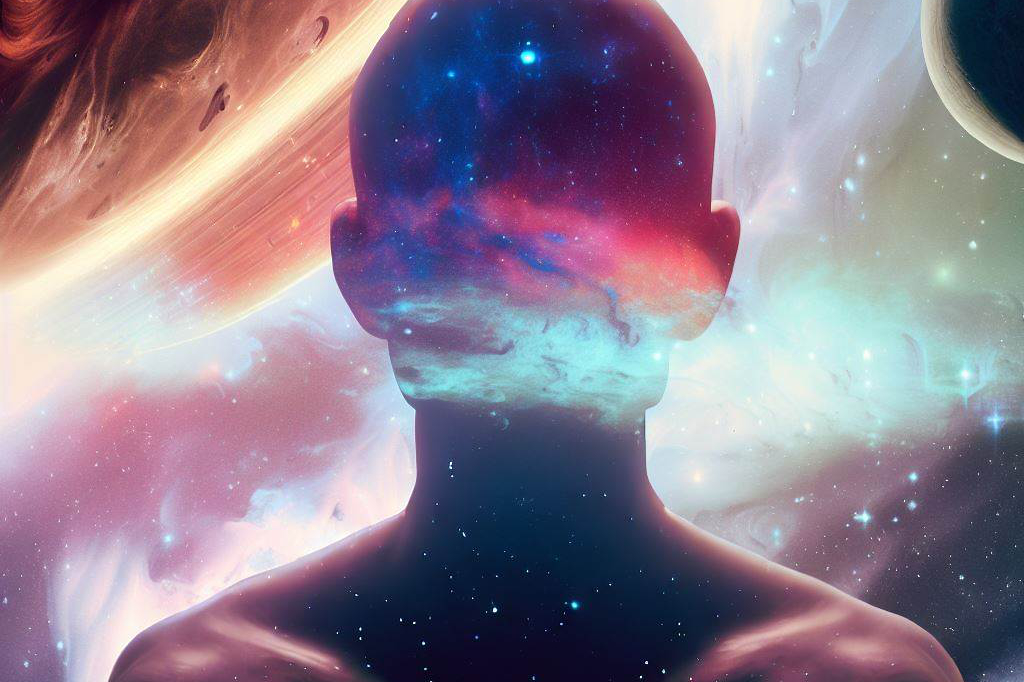
Another fascinating dimension to this quest for meaning is how astronauts themselves have been impacted by their experiences in space. Many have reported undergoing dramatic transformations during their missions: feeling simultaneously humbled by their newfound perspective on Earth’s place in the universe, yet also emotionally uplifted by a sense of unity with all living things. Some astronauts have described experiencing profound spiritual insights while observing Earth from above, including feelings of interconnectedness with all forms of life or experiencing awe at nature’s beauty.
Others have reported feeling an overwhelming sense of gratitude towards our planet and a renewed commitment to protecting it. Overall, these experiences serve as a reminder that while scientific exploration may provide answers about our physical world, they can also offer deep insights into our emotional and spiritual lives as well – insights that may ultimately help us better understand ourselves and our place in the cosmos.
By exploring the cosmos and our place in it, humanity has not only deepened our knowledge of the universe but also enriched our spiritual lives. Through this journey, we have discovered new ways of contemplating our existence and have been reminded that we are all interconnected in a profound way. As we look towards the future, it is important to continue to explore space with a sense of wonder and reverence – recognizing that each discovery we make not only advances scientific knowledge but also invites us to reflect on the deepest questions of life itself.
Ethical Considerations in Space Exploration
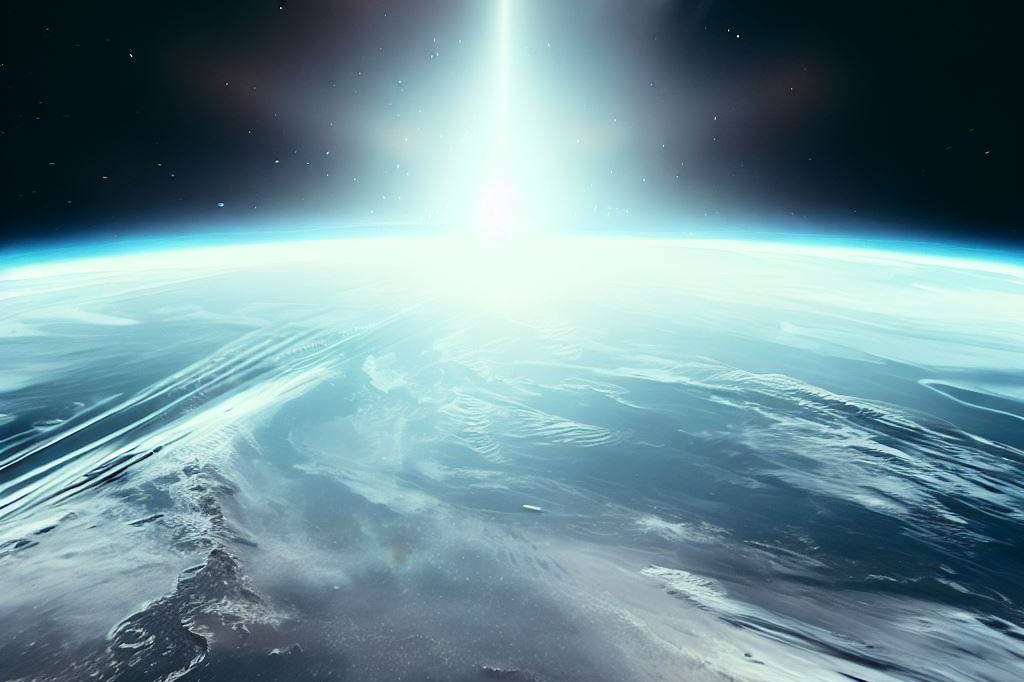
The responsibility to protect other planets from contamination
As we continue to explore space, one of the most pressing ethical considerations is the potential for contamination. If we were to discover life on another planet, we would want to make sure that our presence there didn’t harm or destroy it.
This is especially important given the fact that many scientists believe that life on Earth may have originated from microbes or other forms of life that hitched a ride on asteroids or comets. To address this concern, space agencies like NASA have developed strict protocols for spacecraft sterilization.
Before launching a probe or rover to another planet, it must be thoroughly cleaned and disinfected to ensure that no Earthly microbes are accidentally transported there. But even with these precautions in place, some experts worry that it may be impossible to completely eliminate the risk of contamination.
How ethical considerations related to space exploration align with various religious beliefs
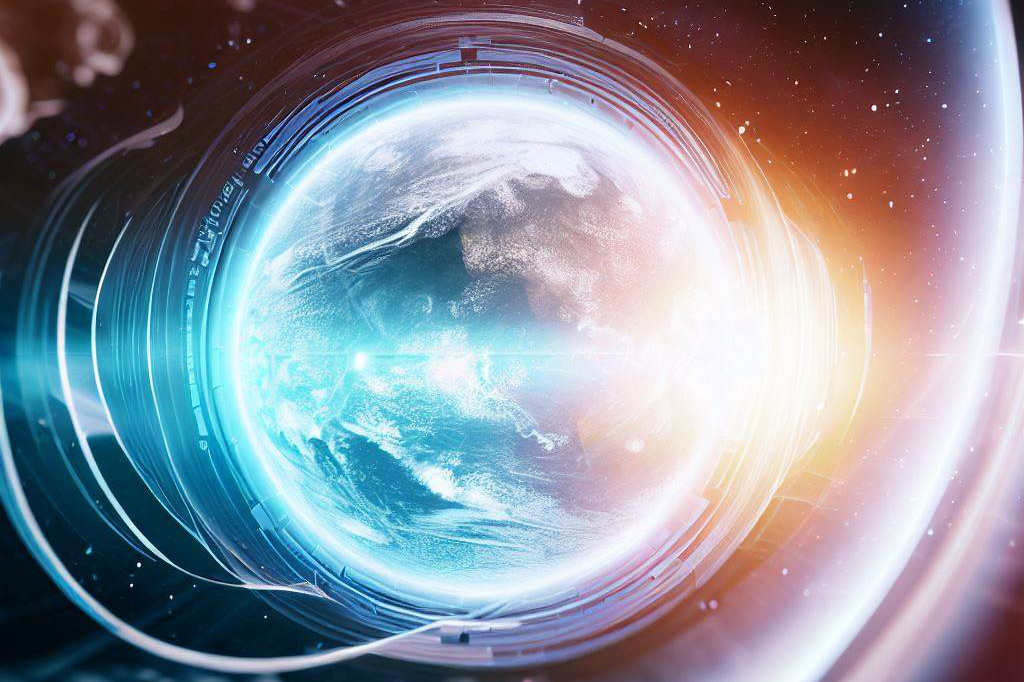
For many people, religion plays an important role in shaping their views about ethics and morality. As such, it’s interesting to consider how different religious perspectives might inform our approach to space exploration. One area where religion intersects with space ethics is in the question of whether humans have a right to colonize other planets.
Some argue that as stewards of God’s creation, humans should focus on taking care of our own planet rather than trying to expand our reach into the cosmos. Others believe that it’s within our power – and perhaps even our destiny -to spread out among the stars.

Another issue relates back to contamination concerns: If we did find extraterrestrial life, would ethically-minded individuals prioritize its preservation over scientific curiosity? After all, if we were responsible for destroying an alien civilization through careless exploration practices – whether intentionally or not – could this be considered a moral failing?
Overall, while individual opinions will undoubtedly vary, it’s clear that ethics and spirituality have an important role to play in shaping our approach to space exploration. As we continue to explore the universe around us, it’s important that we do so in a way that is respectful of both the laws of nature and the beliefs of those who call Earth home.
Final Thoughts on How Space Exploration Has Impacted Spirituality and Worldviews
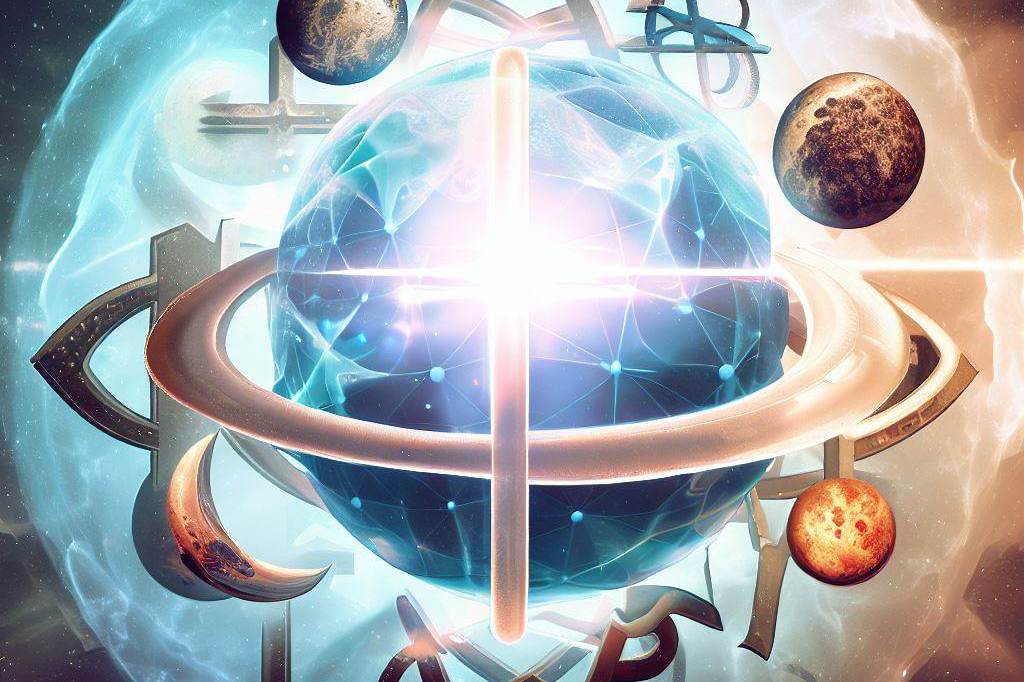
As we look to the future of space exploration, we must consider how it will continue to shape our beliefs about ourselves and the world around us. It is important that we approach this new era with an open mind and a willingness to learn from what we discover. One thing is for certain: space exploration has already enriched our understanding of spirituality in numerous ways.
As we continue to explore further into the cosmos, let us remember to appreciate its beauty while also recognizing our role in preserving its integrity for future generations. While the implications of space exploration on spirituality may be complex and varied depending on individual beliefs and experiences, one thing is clear: it has opened up a whole new frontier for contemplation, reflection, and growth in ways that were previously unimaginable.
TL;DR…
– 🚀 Space exploration challenges our spiritual beliefs.
– 🔍 The search for extraterrestrial life has implications on religious beliefs.
– 🌌 Discovery of extraterrestrial life could affect our understanding of God or a higher power.
– 🌟 Stargazing and space exploration can lead to spiritual experiences.
– 🎨 Artistic expressions are inspired by space exploration.
– ❓ Space exploration raises existential questions about the purpose of human existence.
– 🌍 Ethical considerations in space exploration include protecting other planets from contamination.
– 🙏 Ethical considerations align with various religious beliefs.
– 💭 Space exploration has impacted spirituality and worldviews.

C M, a seasoned editor, journalist, and consultant, is deeply fascinated by the convergence of technology, space, and the future of humanity.
With a particular interest in transhumanity, futurology, and the philosophical and ethical dimensions of these domains, C M serves as the lead contributor to SpaceSpotlight and TranscendSphere.
When not penning insightful articles on these rapidly evolving fields, C M indulges in their love for podcasts and books, proudly embracing their status as a ‘Happy Nerd Extraordinaire!’



